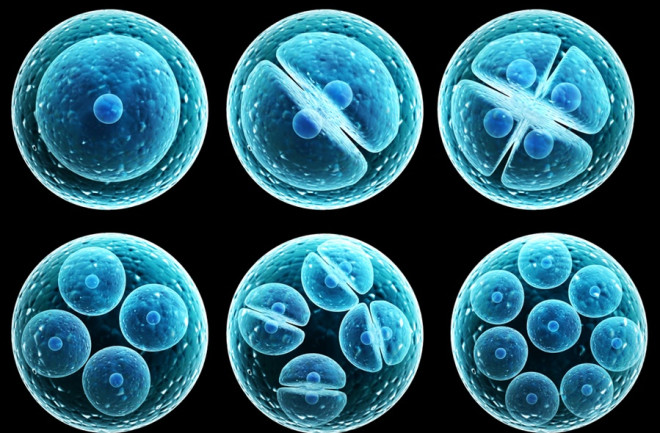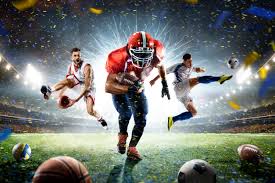What Are Birth Tissue “Stem Cell” Products and Why Are They So Controversial?
When patients are in pain from degenerative conditions like osteoarthritis, spinal stenosis, or degenerative disc disease of the neck or low back, they often look to regenerative medicine treatments.
At Precision Regenerative Medicine, Tammy Penhollow, DO, offers regenerative medicine treatments as options for those who do not want surgery, such as a joint repair or replacement, a discectomy, or a spinal fusion. They can also help those who have tried the “usual” treatments with no success, including:
- Nonsteroidal anti-inflammatory drugs (NSAIDs)
- Opioids
- Neuropathic pain medications
- Corticosteroid injections
- Nerve ablations
Patients look for alternative therapies to help manage their condition in cases where these usual treatments did not work, created significant side effects, or even caused further damage and pain.
What is Regenerative Orthobiologics?
Although it’s been around for over 20 years, Regenerative Medicine is considered a newer field. As the field advances, so does the quality and efficacy of the treatments. Treatments, such as platelet-rich plasma (PRP), adipose-derived stem cells, and bone marrow-derived stem cells (BMAC), come from the patient’s blood, fat, and bone marrow, respectively. These are autologous therapies, meaning coming from the patients themselves, and have no risk of rejection.
FDA guidelines for the use of orthobiologic cell therapies
The Food and Drug Administration (FDA) has compiled the following list of guidelines for the orthobiological cell therapies, which include that the cells must:
- Come from the patient
- Be only minimally manipulated (centrifuged is okay; frozen/heated, put on lab plates and culture-expanded for days or weeks is not okay)
- Be put back into the same person’s body that same day
- Be placed in the like area
The guidelines expand on when placing cells in the like area; they are to be drawn from the bone marrow and put into the musculoskeletal system, such as the joints, tendons, ligaments, and discs. The guidelines prohibit minimally manipulating these blood, fat, or bone marrow samples and injecting them intravenously into the bloodstream to “treat” conditions like autism, Parkinson’s, Alzheimer’s.
Why are birth tissue treatments concerning?
The market is full of incorrectly advertising [HF6] birth tissue treatments by referring to them as “stem cells” when the tissues come from the placenta, cord blood, or Wharton’s jelly of another human being. The tissue is collected at the time of birth and frozen, packaged, and distributed to various vendors who then sell them to medical practitioners, such as physicians, chiropractors, naturopaths, nurse practitioners, physician assistants, and others. [HF7]
As an experienced regenerative medicine doctor, Dr. Penhollow finds this very concerning for patient safety for several reasons.
No live stem cells
These birth tissue products do not contain any live stem cells. If present, the stem cells die when frozen. Therefore, patients are paying for the regenerative properties of stem cells that may contain some growth factors, but they are not receiving actual stem cells.
Contamination
These products can also become contaminated and cause life-threatening complications when injected.
Rejection
Because they are not the patient’s own cells, their body can reject the tissues and have significant adverse reactions.
Insurance problems
Finally, many companies indicate that insurance companies will cover or reimburse birth tissues using a special “Q Code.” However, the FDA has cracked down, and many offices are being prosecuted, required to pay back the money they received from the insurance and, in some instances, to refund the patients.
Choosing the right regenerative medicine physician is key
At Precision Regenerative Medicine, Dr. Penhollow uses only your own blood (PRP) or bone marrow (BMAC stem cells) to treat musculoskeletal conditions, including joint pain, osteoarthritis, tendinopathies, meniscus and ligament injuries, and spine and disc degeneration. She is a board-certified, fellowship-trained Pain Medicine [HF8] specialist with 18 years of experience expertly diagnosing and treating her patients.
Dr. Penhollow has advanced musculoskeletal knowledge and experience using image-guided technology (ultrasound and/or fluoroscopy). This expertise enables her to inject your cells at the precise point of the injury and pain to get you back to leading a happy, thriving life.
If you are looking for expert, quality care in Regenerative Medicine, look no further than Precision Regenerative Medicine. Call today or use our easy online scheduling tool to get on the right path to recovery.





